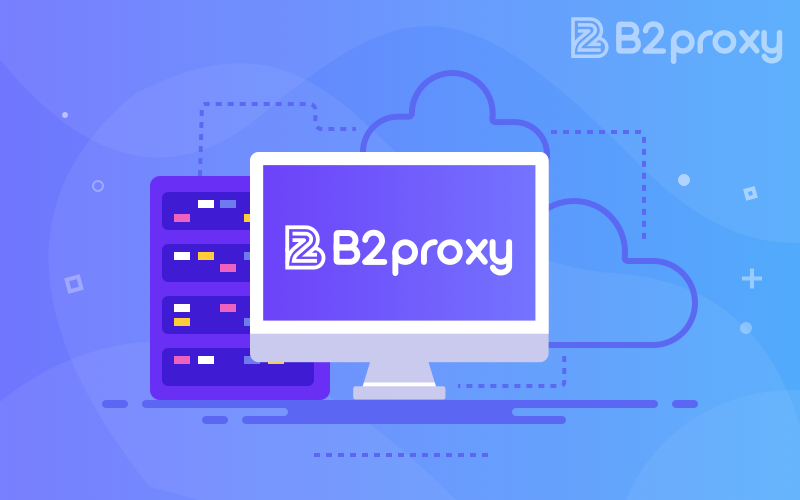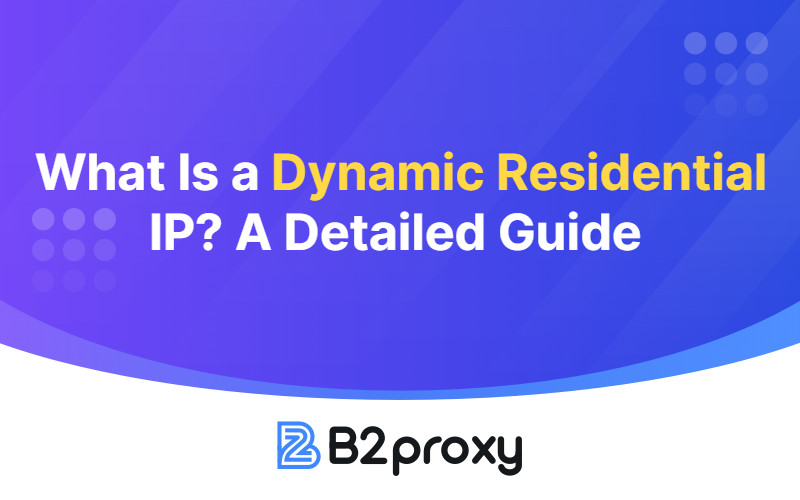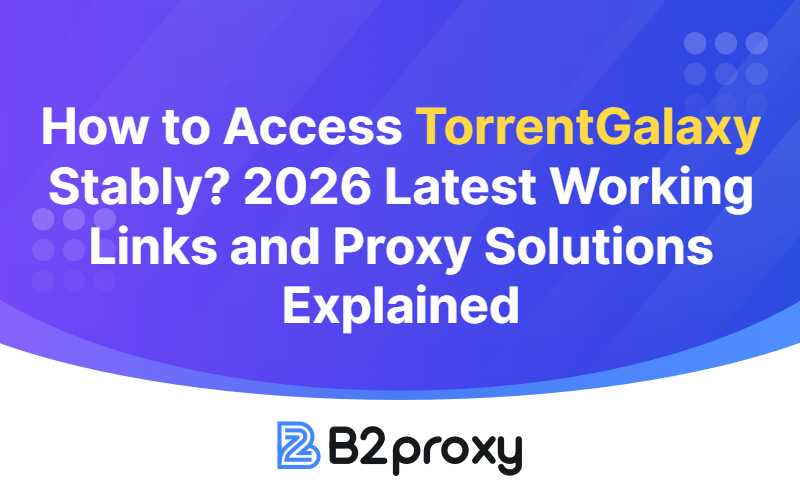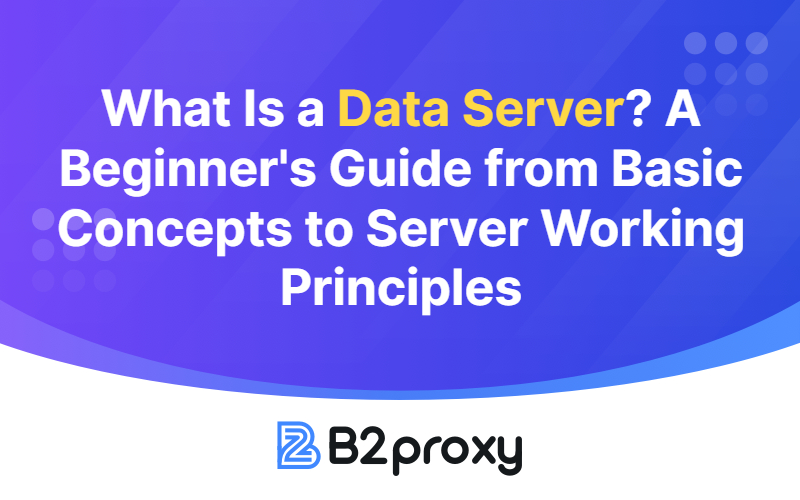Residential Proxy vs Mobile Proxy: Which Is Better for Data Collection?
 November 3.2025
November 3.2025

<p>When searching for efficient and secure data collection solutions, <a href="https://www.b2proxy.com/" rel="noopener noreferrer" target="_blank">free trial proxy</a> options often appear in various proxy service recommendations, serving as a way for users to test performance before making a purchase. While a free trial can help users understand the basics of proxy technology, the true determinant of data collection success lies in choosing the right proxy type. Residential proxies and mobile proxies may seem similar at first glance, but they differ greatly in structure, stability, and ideal use cases.</p><p> </p><h3><strong>1. Residential Proxy: A Stable Choice with Real Network Origins</strong></h3><p>A residential proxy operates through IP addresses provided by real household networks, assigned by Internet Service Providers (ISPs). Because these IPs represent legitimate home users, they offer a high level of credibility and are less likely to be flagged as automated traffic.</p><p>In use cases like e-commerce price tracking, ad verification, and web scraping, residential proxies are prized for their consistent performance, low ban rate, and broad IP distribution. These features make them ideal for long-term, large-scale data collection tasks that require uninterrupted stability.</p><p> </p><h3><strong>2. Mobile Proxy: Dynamic and Highly Anonymous</strong></h3><p>A mobile proxy routes traffic through 4G or 5G mobile networks, using IP addresses shared with real mobile devices. This makes detection and blocking extremely difficult, giving mobile proxies an edge in anonymity and flexibility.</p><p>They are especially effective for managing multiple social media accounts, bypassing detection systems, and handling sensitive scraping tasks. However, mobile proxies typically come with higher costs, and their connection speed and stability can fluctuate due to the nature of mobile networks, making them less suitable for large-scale or high-frequency operations.</p><h3><strong>3. How to Choose the Right Proxy Type</strong></h3><p>● <strong>For stability and scalability:</strong> Residential proxies are the better choice for long-term, continuous scraping projects.</p><p>● <strong>For anonymity and security:</strong> Mobile proxies excel when dealing with strict anti-bot systems or sensitive data tasks.</p><p>● <strong>For flexibility and cost balance:</strong> Combining both proxy types allows users to switch dynamically depending on project needs and target site defenses.</p><p> </p><h3><strong>Conclusion</strong></h3><p>Residential and mobile proxies each bring distinct strengths to the table — the former emphasizes stability and cost efficiency, while the latter offers unmatched anonymity and adaptability. For data collection professionals, the best approach is not choosing one over the other but rather configuring a hybrid setup that aligns with project scale, budget, and risk tolerance. Achieving reliable and high-success-rate data scraping ultimately depends on leveraging high-performance and trustworthy <a href="https://www.b2proxy.com/" rel="noopener noreferrer" target="_blank">residential proxies</a>.</p>
You might also enjoy

What Is a Dynamic Residential IP? A Detailed Guide to Cross-Border E-commerce Account Isolation and Risk Control Solutions
Breaks down dynamic residential IPs, highlighting their role in account isolation, risk control, and building secure cross-border e-commerce systems.
February 27.2026
How to Access TorrentGalaxy Stably? 2026 Latest Working Links and Proxy Solutions Explained
A practical 2026 guide to accessing TorrentGalaxy reliably, explaining domain shifts, ISP restrictions, proxy methods, and security considerations.
February 27.2026
What Is a Data Server? A Beginner's Guide from Basic Concepts to Server Working Principles
Beginner's guide to data servers, covering core concepts, working principles, architecture, stability factors, and future cloud-driven trends.
February 26.2026







